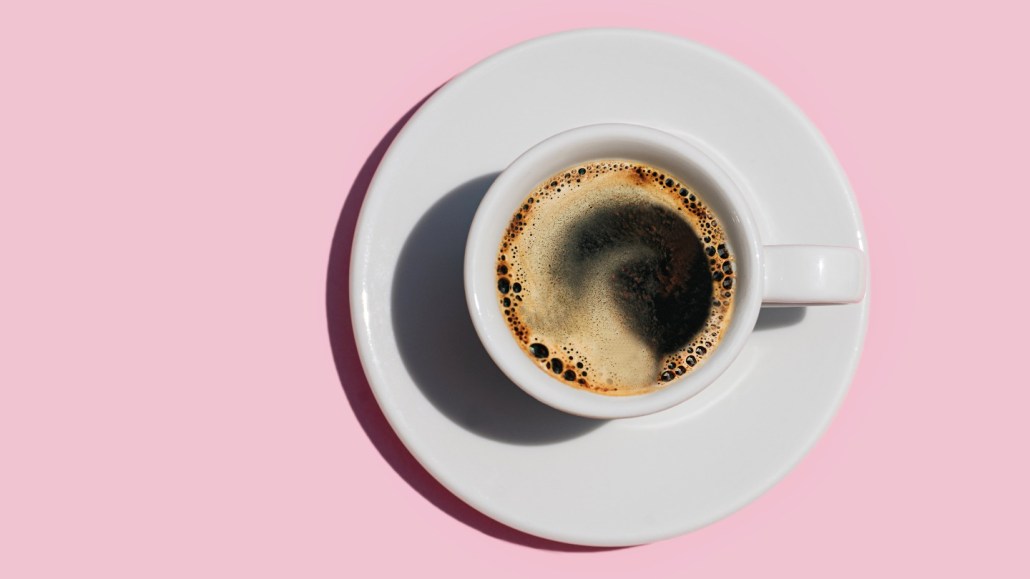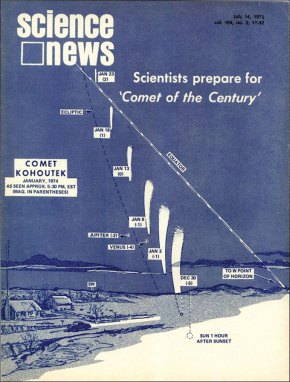50 years ago, scientists thought coffee might treat hyperactivity
Excerpt from the July 14, 1973 issue of Science News

In the 1970s, scientists found that coffee seemed to make some children less hyperactive. Decades of follow-up research into whether caffeine can treat the symptoms of kids with ADHD has come up with more questions than answers.
Iryna Veklich/Moment/Getty Images Plus








